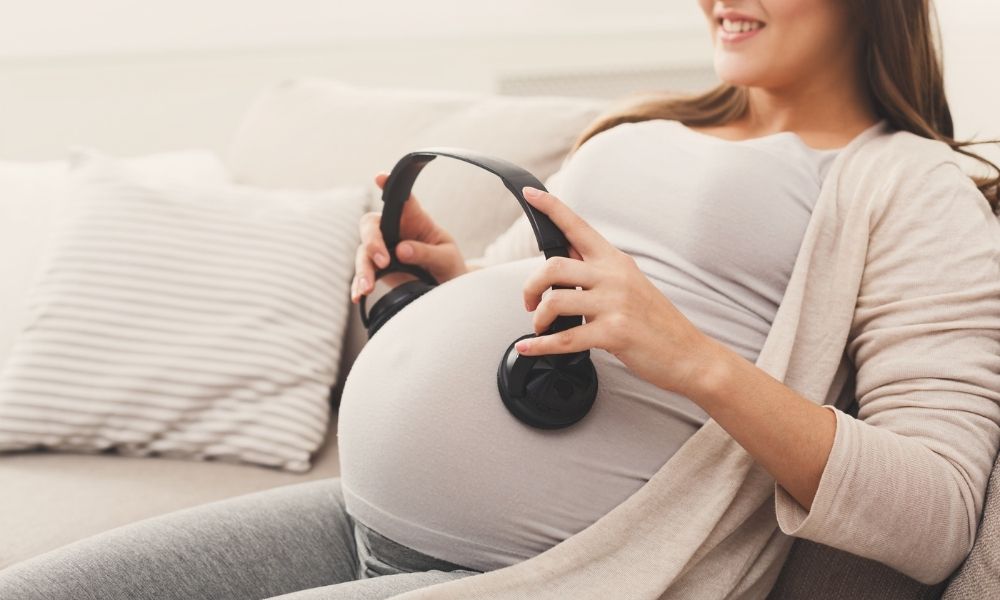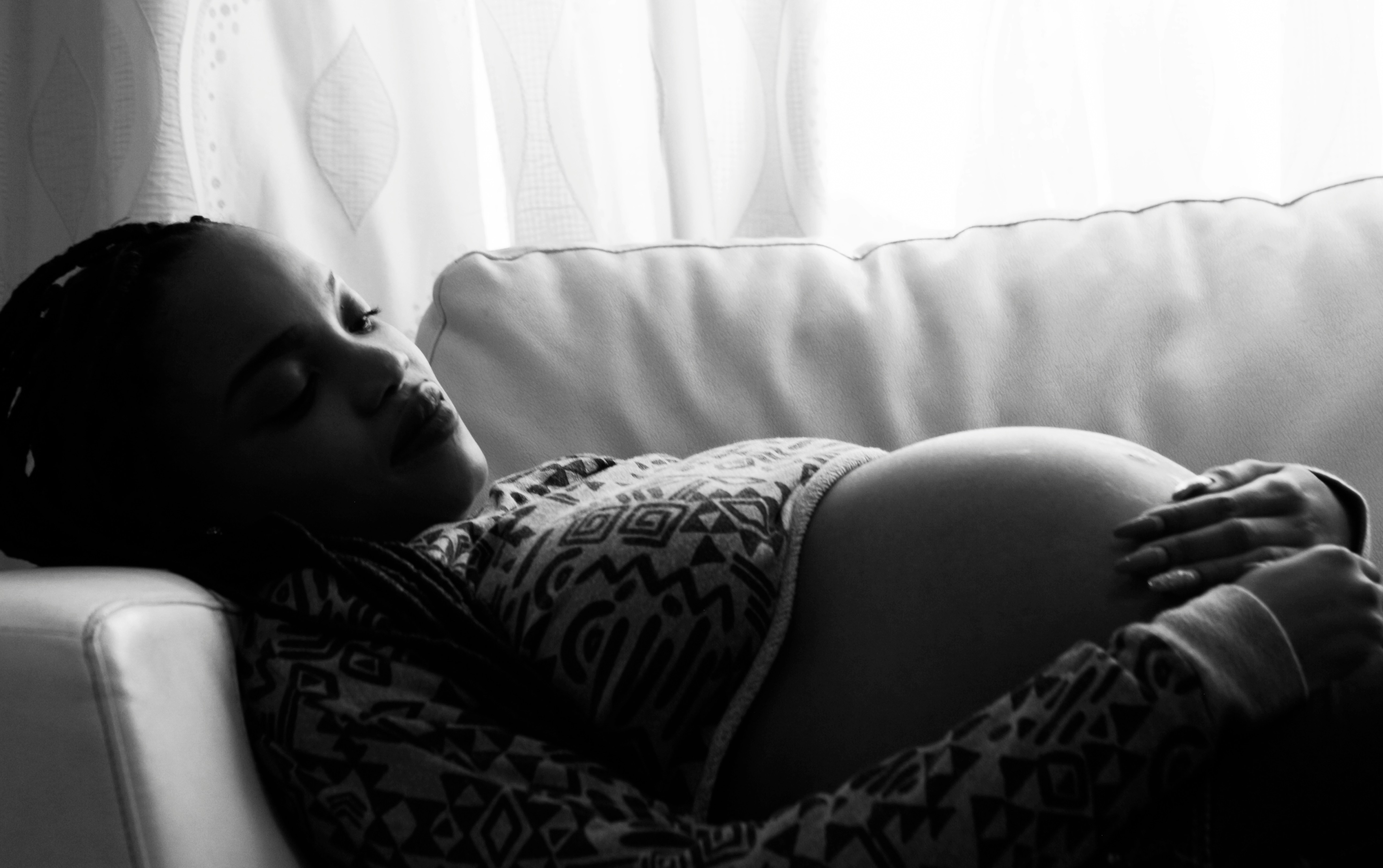- Sorry to say, but ideally "sunbathing" should be avoided. Something we frequently hear however so many of us disregard in favour of a summer glow. Pregnant or not, high amounts of sun are not great for us or our skin, increasing ageing and risk of skin cancers. Consider how young you will look at the school gates when that baby begins reception!
- Even if you're not pregnant, it's important to avoid getting too hot or dehydrated in the sun. Avoid direct sunlight between 11 and 3 p.m., and drink plenty of fluids.

- Enjoy the sunshine from a shady spot to keep cool on warmer days. Sounds very obvious but it can be just as nice, if not more so, taking in the warmth of the sun in the shade and avoiding becoming a sweaty mess!
- Your skin can be significantly more sensitive to burning during pregnancy so ensure you are wearing a higher factor sun cream. Preferably above factor 30 (yes even in the UK!) and ensure you reapply it every couple of hours.
- Pregnancy also makes your skin more susceptible to colour changes, so you may notice darker patches of skin in sun-exposed areas. Again, a high factor cream can help prevent this.
- If you really want to spend time in the sun, I always found a damp muslin or towel over my belly was a great way to keep cooler, especially when you are on holiday and lying by the pool.
- But what is the best advice for that summer glow? Find a good fake tan! It's generally advised to avoid spray tans so you don't breathe it in but there are some great fake tans you can do at home.
- One last tip - on the off chance that you find, as everything is growing, that your thighs are rubbing and getting sweaty in the sun, have a go at wearing some cycle shorts under your summer dresses for a bit of comfort and support!
All information we provide is for educational and awareness purposes only. Any concerns should be discussed with your GP, Midwife or Healthcare Professional.
If you’re trying to conceive (TTC), you probably know that there are certain foods and nutrients that become especially important once you’re pregnant. But nutrition plays a vital role even when trying to conceive, much like laying a strong foundation before constructing a house.
Certain nutrients create that foundation by supporting egg and sperm health (yes, nutrition matters for both partners), hormone balance and creating a hospitable environment for a fertilized egg to implant. In fact, studies show that certain nutrients can help increase fertility and improve success rates for both natural conception and fertility treatments.
In other words, nutrition is a key player in the TTC journey, but getting the right nutrients in the right quantities can be tricky. That’s where supplements come in. Just as you’d take a multivitamin to fill in nutritional gaps for optimal health, fertility supplements can give you that extra nutrient boost.
Choosing supplements for your fertility journey
When choosing a supplement to support your fertility journey, look for science-backed, high-quality ingredients. Our editors are careful to select and partner with brands that use ingredients that have been clinically studied to support fertility. Eu Natural® (pronounced you) covers all those bases and more. We love knowing that Eu Natural® products contain zero artificial additives, binders, or fillers and are lab-tested to ensure purity and potency.

When choosing a supplement to support your fertility journey, look for science-backed, high-quality ingredients. Our editors are careful to select and partner with brands that use ingredients that have been clinically studied to support fertility. Eu Natural® (pronounced you) covers all those bases and more. We love knowing that Eu Natural® products contain zero artificial additives, binders, or fillers and are lab-tested to ensure purity and potency.





.jpg)

.png)
.jpg)

%20copy.jpg)


